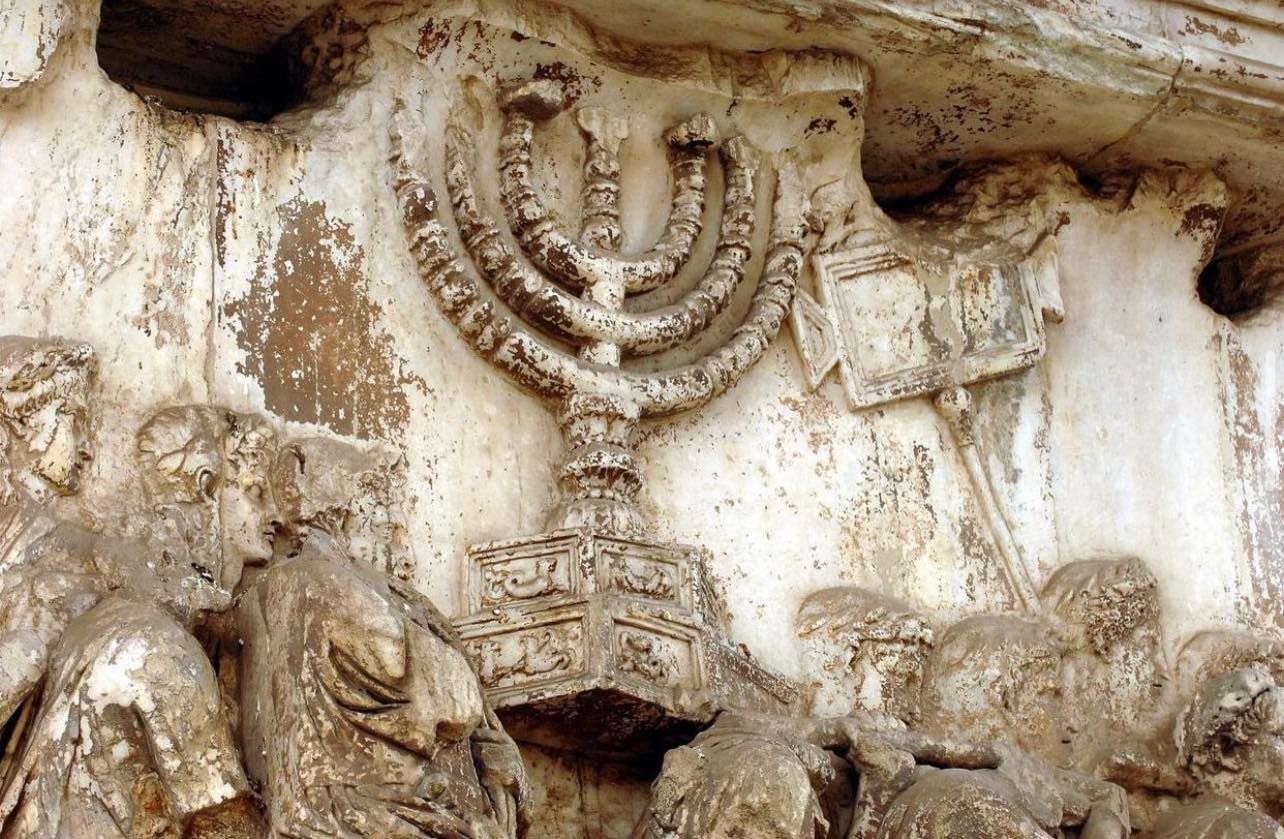
On one of his travels across Europe, the great French leader, Napoleon Bonaparte led his troops through a small Jewish town. He passed by a synagogue where everyone was sitting on the floor crying and reading little books by the light of small candles.
Napoleon asked his aide, “What is this?” He was told that the Jewish people are mourning the destruction of the Temple (twice). “How long ago was that?” he inquired, “Two thousand years” was the answer.
Napoleon, astonished, was then quoted saying: “A nation that cries and fasts for over 2,000 years for their land and the Temple will surely be rewarded with both land and the Temple.”
Tisha B’Av, the 9th day of the Hebrew month of Av, is the saddest day on the Jewish calendar. On this day we fast, deprive ourselves and pray, as we mourn the destruction of the first and second temples, and many other calamities which befell our people throughout history on this date.
Our generation is blessed to live in these times, together in our ancestral homeland, in our own independent state; in our reunified capital Jerusalem.
“All who mourn [the destruction of] Jerusalem will merit to see it in its joy” (Ta’anit 30b)
The menorah on the Arch of Titus in Rome, depicting the destruction of Jerusalem and the exile of the Jewish people. Today, this menorah is the national symbol of the State of Israel.
Source: Amos Ben Gershom Government Press Office




